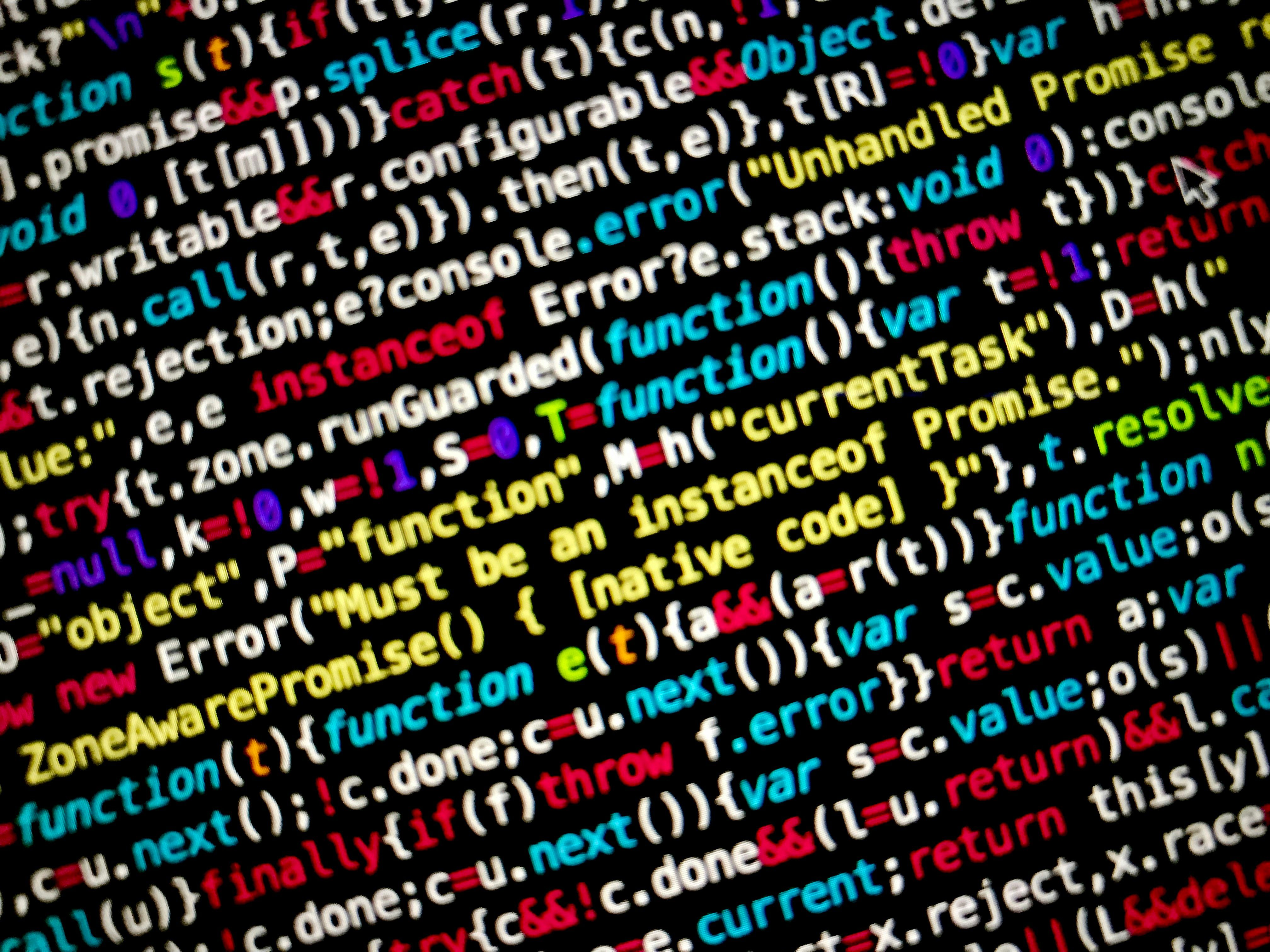NY's supreme court halts NYC's plan to permit non-citizens to cast ballots.
New York City's crack at granting non-citizen voting rights in municipal elections met a swift end this Thursday, as New York state's top court called it quits.
The Court of Appeals, in a 6-1 ruling, emphasized that the New York constitution maintains a strict boundary, barring non-citizens from casting their votes. The city had yet to put the 2022 law into action, with supporters expecting around 800,000 foreign-born permanent residents or authorized workers could exercise their right to vote for mayor, city council, and other local offices. However, they'd be ineligible to participate in presidential, congressional, or state elections.
Republican officials moved quickly to contest the law in court, with state courts at every level ruling against it. Republicans praised the Court of Appeals' decision, with NYGOP Chair Ed Cox dubbing efforts for non-citizen voting as "rightly rejected." Michael Hawrylchak, the Republicans' attorney, expressed satisfaction that the court had acknowledged the state constitution's "fundamental limitations" on voter eligibility.
Democrats, however, saw this move as an aggressive attempt by Republicans to curtail democratic processes and suppress voices. The heavily Democratic City Council had pushed the law and took the case to the high court, with Speaker Adrienne Adams expressing disappointment but respect for the court's verdict.
Democratic Mayor Eric Adams didn't sign or veto the measure, allowing it to become law without his signature. He and his team maintained respect for the court's decision. Meanwhile, a handful of Maryland and Vermont towns extend voting rights to non-citizens in local elections, and non-citizen residents of Washington, D.C., can vote in city races. San Francisco's school board elections welcome non-citizen parents, but California's Santa Ana voters rejected a similar measure last year. Non-citizen voting remains prohibited in some other states.
The New York constitution entitles every citizen over 18 to vote, provided they're a state resident. Residents in the relevant county, city, or village are also required to participate in county and municipal elections. The city argued that "every citizen" should be interpreted as inclusive, not exclusive. It also claimed a self-governance right to broaden the voter franchise for its own elections. Opponents contend that allowing non-citizens to vote waters down the value of American citizenship and violates state law.
In essence, the New York State Court of Appeals' decision upheld the constitutional limitation on voting rights, questioning the legal and political motives behind the city's push for expanding the franchise. Local Law 11 was deemed unconstitutional and void due to procedural errors as well as violation of constitutional principles.
- The New York State Court of Appeals, in their 6-1 ruling, emphasized that the New York constitution maintains a strict boundary, preventing US non-citizens from exercising their right to vote in municipal elections, potentially impacting around 800,000 foreign-born permanent residents or authorized workers in New York City.
- Republican officials, such as NYGOP Chair Ed Cox, praised the Court of Appeals' decision, regarding efforts for non-citizen voting as "rightly rejected," as they believe it violates the fundamental limitations on voter eligibility set in the state constitution.
- Despite the court's verdict, opponents of non-citizen voting argue that allowing it waters down the value of US citizenship and could potentially violate state laws, with similar measures facing rejection in places like Santa Ana, California.







